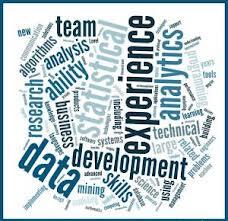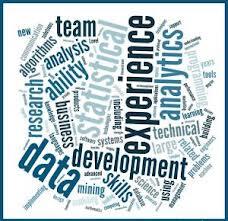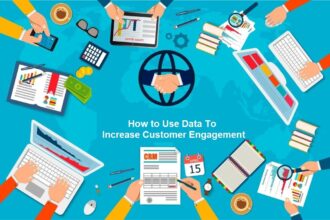Finding data scientists and other highly technical resources that understand the complexity of big data is one of the most common roadblocks to getting value from big data. Typically, these resources need to understand Hadoop and new programming methods to read, manipulate and model big data.
As big data analytics tools advance, addressing these technologies will become less difficult, so big data scientists must master additional skills.
To make a real business impact, data scientists must have:
Finding data scientists and other highly technical resources that understand the complexity of big data is one of the most common roadblocks to getting value from big data. Typically, these resources need to understand Hadoop and new programming methods to read, manipulate and model big data.
As big data analytics tools advance, addressing these technologies will become less difficult, so big data scientists must master additional skills.
To make a real business impact, data scientists must have:
 1. Innate analytical skills
1. Innate analytical skills
They must have a natural curiosity for experimenting with data and often begin analysis without a clear picture of the end goal. This is a different paradigm than solving a specific, identified problem through coding or by running a query.
2. Business finesse
Sexy dashboards ultimately fail if a business doesn’t act on what the data is indicating. To succeed, data scientists must know how to translate the impact of their insights to the business.
3. Collaboration skills
Teamwork and the ability to collaborate across an organization separate those who use data to drive change from those who merely build interesting algorithms.
Big data advancements have brought technologies such as Hadoop to democratize big data to all. However, individuals skilled at data manipulation and programming in Hadoop remain scarce. Fortunately, new, innovative and easy to use big data discovery applications have broaden big data access to those without much technical skills.
So the question is: Will these new types of discovery applications for big data demand a different kind of data scientist going forward – one with analytical, interpersonal and business skills? Or would in-depth understanding of emerging technologies such as Hadoop continue to be the most important skills in ‘data scientists’?









